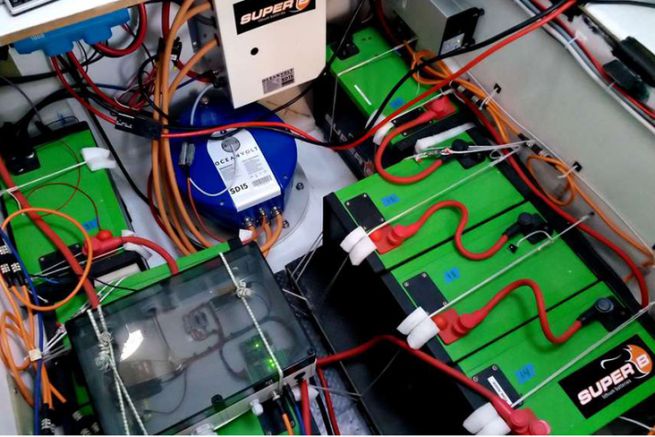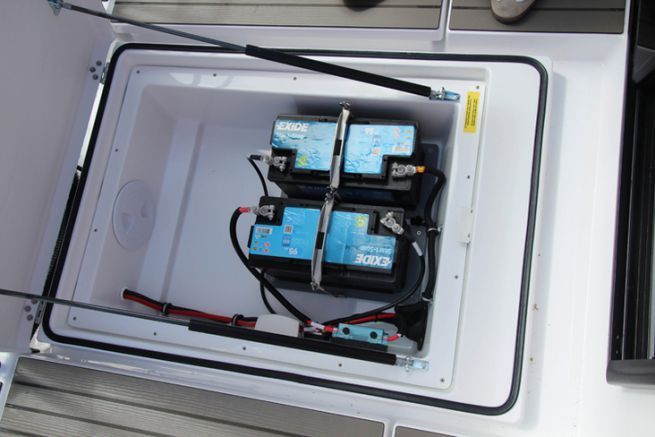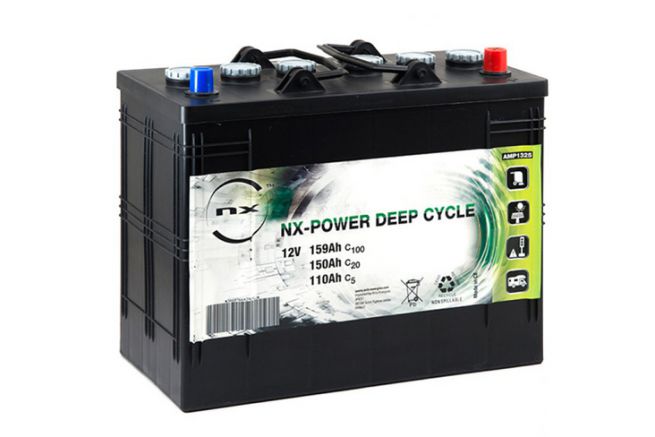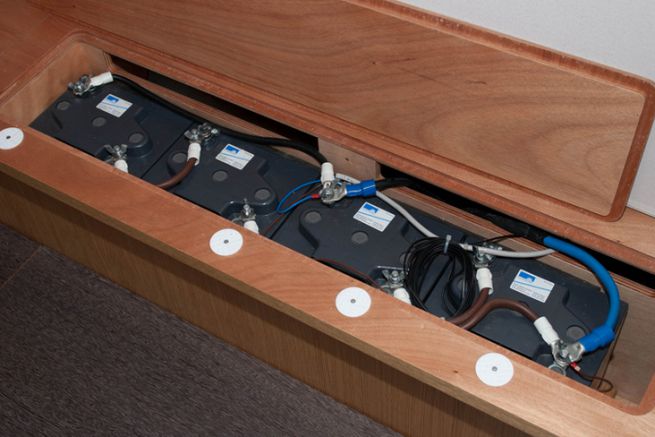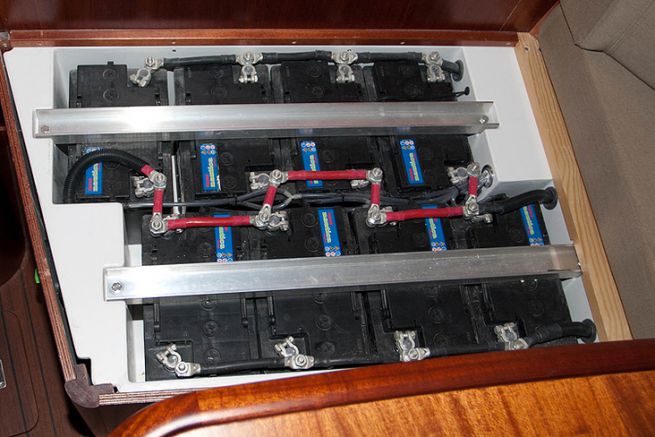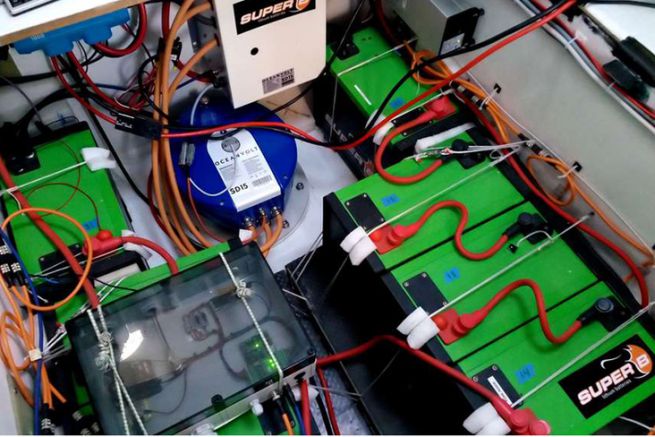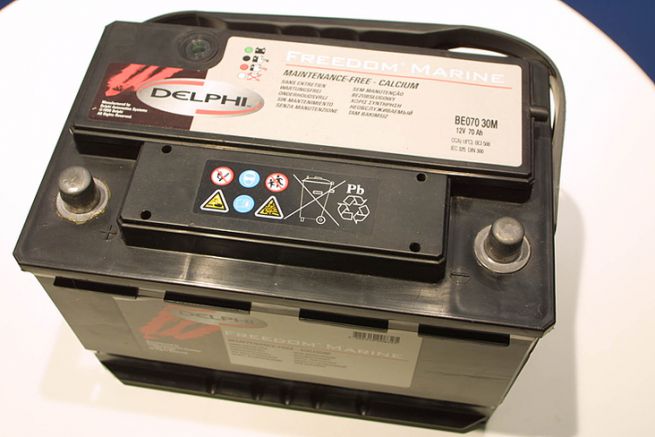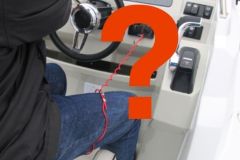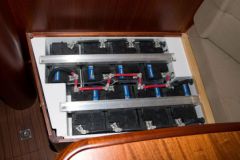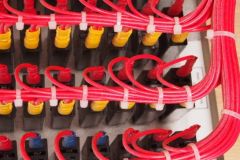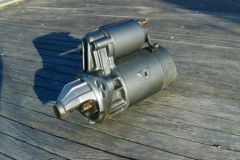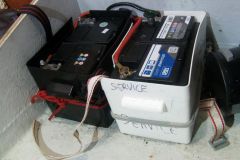The Lithium batteries most frequently used in boating are of the LiFePO4 type. They have the great advantage of having a very stable cathode that does not give off any oxygen that could ignite when combined with lithium.
They take up very little space, recharge very quickly and their capacity does not vary with the intensity of the discharge! Ideal service batteries...
Lithium batteries are electrochemical Lithium Iron Phosphate accumulators whose cathode is lithium iron phosphate whose chemical name is LiFePO4.
It is a cheap material that does not require rare metals in its manufacturing process. The anode is made of graphite.
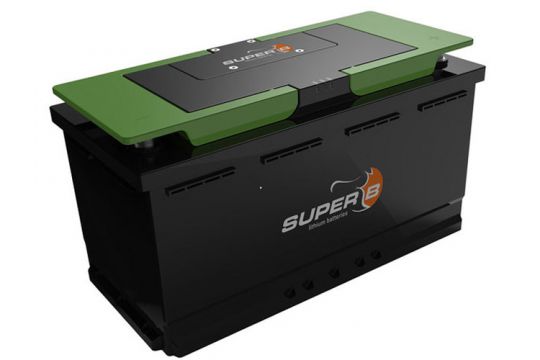
Operation
The cathode (lithium iron phosphate) and the aluminium collector form the positive pole of the accumulator. The anode is made of graphite with a copper collector and is the negative pole. The electrolyte is a polyvinyl fluorite gel polymer (similar to a lead gel battery).
During charging, the gradual destruction of the LiFePO4 cathode causes graphite to form at the anode, a process which is the opposite of discharge. The flow of Li+ ions from the cathode to the anode through the polymer generates a voltage of 3.3V. Elements are grouped by 4, 8 or 16 elements to create 12, 24 or 48V systems
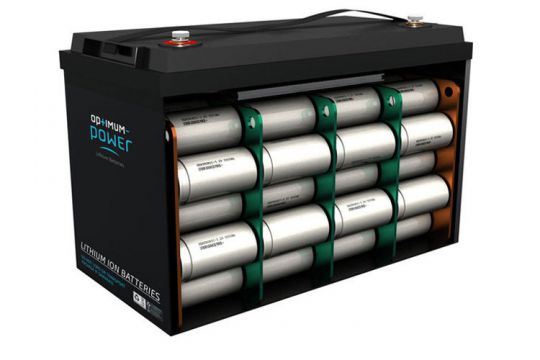
Advantages of lithium batteries
- Unbeatable space/capacity ratio
- Total discharge possible without damage
- Very fast recharging possible without damage
- Very small footprint
- Reduced weight
- Extremely long service life (3000-4000 cycles)
- High-intensity discharges with no impact on capacity
- Insensitivity to temperature
Disadvantages of lithium batteries
- Very high price: 14 to 18 euros/Ah.
- Very high sensitivity to charge and discharge intensities making the presence of a BMS (Battery Managing System) indispensable
- Specific hardware environment not well developed
- Need to use a specific mains charger
